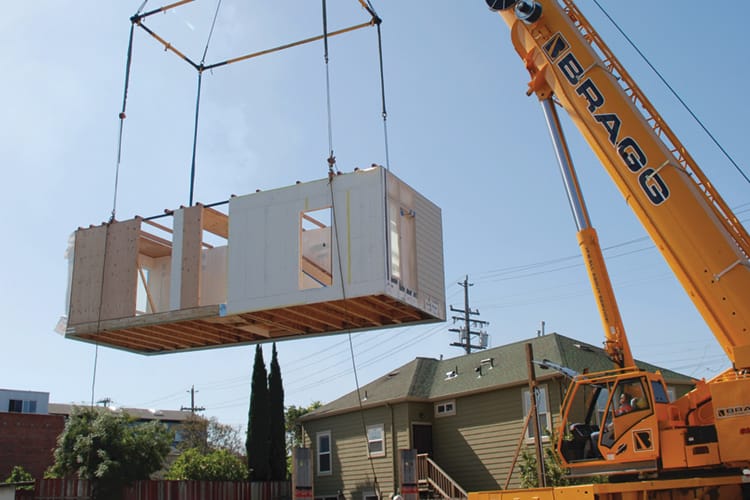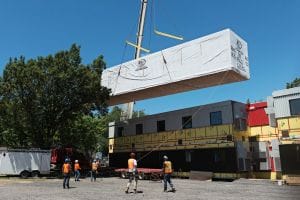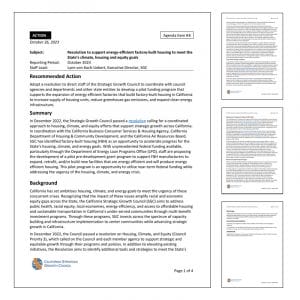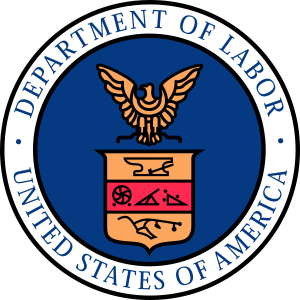FEMA Announces Hawaii Housing Plan Using Modular Construction
The plan marks is a major change for FEMA as it begins to incorporate modular housing into its disaster-relief options.
On March 28, 2024, the Federal Emergency Management Agency (FEMA) will release its housing assistance plan for residents impacted by the Maui wildfires in August 2023. These houses, which will be created outside of Hawaii using modular construction, will be built to the 2018 International Building Code as per the Hawaii state building codes and will be approved using ICC/MBI standards 1200 and 1205.
The initial Request for Proposal (RFP) will be to build 2,000 new homes in the areas most affected by the wildfires.
The utilization of modular homes in Hawaii marks a substantial shift for FEMA, signifying an understanding that modular houses can serve an immediate purpose and then be relocated for a different, permanent use when needed. FEMA began studying the potential for modular buildings in post disaster situations with an MIT study in 2019. The Modular Building Institute (MBI) participated in that study along with officials from the state of Virginia’s modular program.
The Hawaiian island of Maui was devastated by wildfires in August, 2023.

FEMA is planning 2,000 modular homes to help those displaced by the Maui wildfire.
Since then, MBI Government Affairs Director, Jon Hannah-Spacagna, has continued to work with FEMA leadership to promote the industry. On January 29-30, Jon was invited to attend a FEMA workshop in Washington, DC. There he connected with FEMA Deputy Director, Shunte’ Gray, to discuss their work for Hawaii relief. Jon provided copies of ICC/MBI standards 1200 and 1205 as well as a prototype structure an MBI member built for the 2019 MIT/FEMA study. Shunte’ confirmed that this information helped her team write the guidelines for their RFPs that will be available to modular manufacturers on March 30, 2024.
“This is a significant opportunity for our industry to partner with FEMA to support their relief efforts for those impacted by the wildfires in Hawaii,” said Hannah-Spacagna. “I’m also working with the director of Home Aid Hawaii, who is planning another housing project for victims that will consist of a $120 million commitment by the state to build an additional 456 homes using modular construction.”
Governor Josh Green of Hawaii confirmed in a recent interview that homes built off-site or even off-island would be part of the mix to rebuild Lahaina. Additionally, Andrew Pereira, Director of Public Affairs for the Pacific Resource Partnership stated, “I think it’s safe and fair to say that because of the crisis in Maui everyone wants whatever solution is available to, as quickly as possible, build housing that is going to provide dignity to people who live in it. I think this is probably the beginning of an era where we spend some of our energy on modular housing.”
Additional Government Affairs Articles
A Huge Win for the Modular Construction Industry in Massachusetts
In early February, 2024, the Massachusetts Board of Building Regulations and Standards (BBRS) released its proposed 10th Edition building codes. This draft included several amendments targeting modular construction that would have created an extremely difficult environment for the entire modular industry and could have eliminated the industry entirely in the state.
Read Complete ArticleICC/MBI Standards 1200 & 1205 Provide Foundation for Utah’s First-Ever State Modular Program
Utah becomes the second state in the country, following Virginia, to fully adopt ICC/MBI standards 1200 and 1205. MBI will continue to work with leadership in Utah to implement the new program.
Read Complete ArticleBuilding at the Intersection of Housing Affordability & Energy Conversation
Tasked with looking at how the state of California can best house its growing population while meeting its aggressive energy, housing, transportation, land use, and equity goals, the California Strategic Growth Council (SGC) faces a slew of challenges. But, if the outlook of SGC Executive Director Lynn von Koch-Liebert is any indication, it’s only a matter of time before those challenges are successfully met.
Read Complete ArticleMBI Defeats Davis-Bacon Expansion
The Modular Building Institute, with the support of its members, has defeated the US. Dept. of Labor’s Davos-Bacon Act expansion, and the stakes for the modular construction industry could not have been higher.
Read Complete Article



